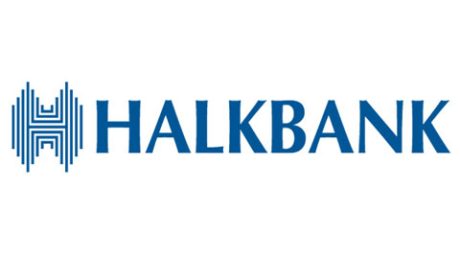Privacy Protection in Media – Guest Lecture by Ivan Ljubisavljević and Slobodan Kremenjak
- Published in Events
Živković Samardžić advises Olvi Oyj on Serbian law aspects of the acquisition of Banja Luka Brewery
- Published in Deals and Cases
The Schrems II Case and its impact on the personal data transfer between EU and Non-EU countries
- Published in Client Updates
Topic: Closing a Company in Liquidation Procedure Through Bankruptcy
- Published in Client Updates
Personal data protection – stance and opinions of the Commissioner Type: Microsoft Word Document
- Published in Publications
Insurance-based investment products – review of some legal issues
Since enactment of the new Insurance Law in 2015, insurance undertakings in Serbia are provided with opportunity to offer to their clients insurance products where sum of insurance is wholly or partially exposed to market fluctuations and policyholders assumes investment risk. Such products – sometimes referred to as „unit-linked insurance products“, are collectively known as
- Published in Insights
Market Conduct Regulation in Serbian Insurance Sector
What is market conduct regulation? Market conduct is second pillar of ongoing regulatory reform in the EU insurance law. While the “macro-economic” quantitative and qualitative prudential requirements are addressed through the rules established by the Solvency II directive, the “micro-economic” conduct risks are addressed through rules established by the Insurance Distribution Directive. Market conduct regulation
- Published in Insights
Živković Samardžić advises Halkbank a.d. Beograd on privacy compliance and records management issues
- Published in Deals and Cases
Shift in case-law related to appropriation of encumbered real property
- Published in Insights








